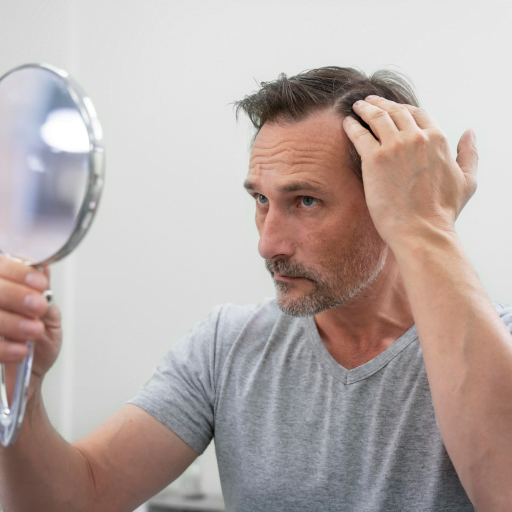Hair Loss Causes
Having thick and healthy hair is a sign of vitality and youth. Also, it can be one of the more attractive features of a person. That is why most people desire to have healthy hair and will do everything they can to maintain their crowning glory.
Unfortunately, not everyone is blessed to have a full head of hair. Some people also fail to maintain their hair throughout their entire life. Due to this reason, they suffer from hair loss problems.
Hair loss is a common problem for many people, and It can affect both men and women. When you start experiencing hair loss you may feel unattractive. Hair loss can be upsetting because your appearance changes dramatically.

